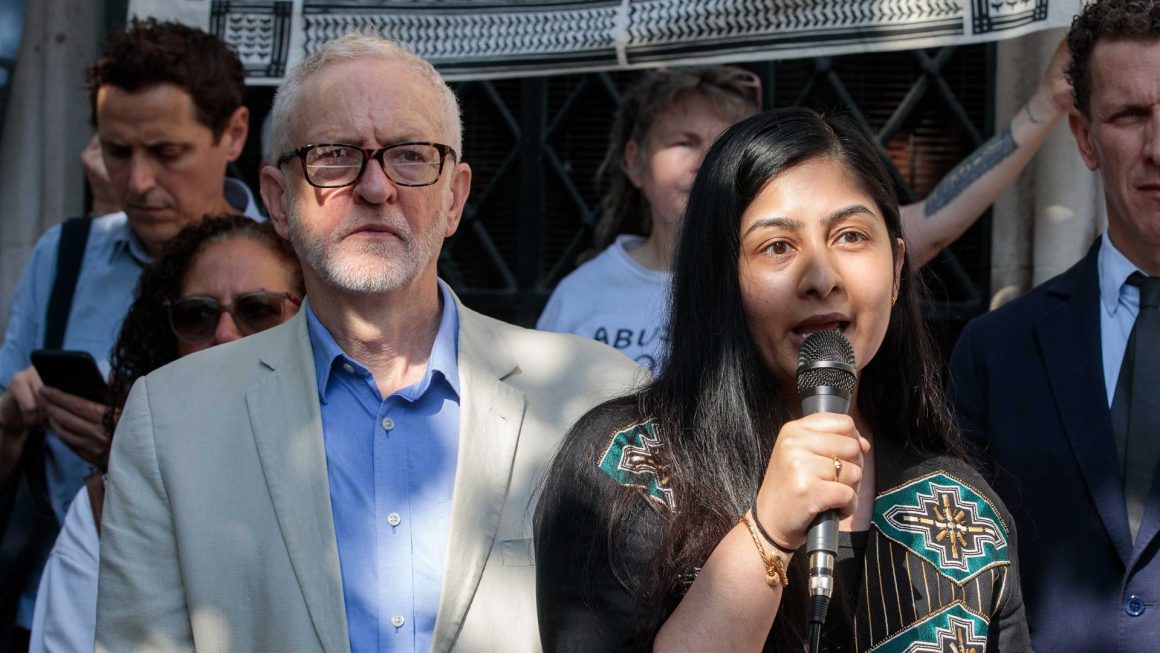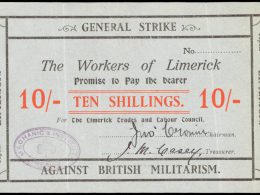By Conor Payne
One year on from their election amid a landslide defeat of the Tories, Keir Starmer’s Labour government has exhausted any goodwill it had to draw upon. Recent polls show public approval for the government at just 13% and approval for Starmer at just 19%. It’s no wonder.
Labour’s dismal record in office includes:
- Ongoing Austerity targeting workers, public services and the welfare state; including sweeping attacks on payments to disabled people
- Continued arming of the Gaza genocide and repression against the Palestine solidarity movement, most recently designating non-violent direct action group Palestine Action as a terror group.
- Pandering to the far right by attacking migrants and trans people. Starmer’s warning that immigration would turn Britain into an ‘’island of strangers’’ invoked the rhetoric of the far right, and Labour have endorsed the onslaught on trans rights as represented by the recent Supreme Court judgement and the Cass Review.
The disastrous failure of Labour has opened the door to Farage’s Reform UK, which now leads in most opinion polls. Reform cannot be fought by aligning with a government which attacks working-class people and concedes to far-right narratives. And the right-wing takeover of the Labour Party since the defeat of Corbyn’s leadership has been so thorough that most left-wingers have been expelled, left or relegated to the margins, leaving any prospect of fighting a battle to move Labour leftwards extremely remote.
Desperate need for an alternative
Instead, the whole situation cries out for a genuine left-wing alternative which can present an alternative to both the far right and the establishment ‘centre’.
It is therefore welcome that former Labour MP Zarah Sultana has signalled the formation of a new left party initially led by herself and Jeremy Corbyn. Sultana was suspended from the Labour Party for voting against the two-child benefit cap, which keeps hundreds of thousands of children in poverty. Her statement said: “We need homes and lives we can actually afford, not rip-off bills we pay every month to a tiny elite bathing in cash. We need our money spent on public services, not forever wars. In 2029, the choice will be stark: socialism or barbarism. Billionaires already have three parties fighting for them. It’s time the rest of us had one.”
Corbyn’s statement in response was not as specific but confirmed the intention to form a new party. The exact stage of things is still unclear. Nonetheless there are definite indications of the potential of the new party. Opinion polls have shown support for the hypothetical party ranging from 8-15% with one poll showing the party neck and neck with Labour. These are significant results for a party which does not actually exist yet! A party which struck out with a bold approach could draw support from the millions politicised by the Palestine solidarity movement, the mass opposition to the far right and the mood around cost of living, austerity and welfare cuts.
Crucial role of unions
The attitude of the trade unions, which form one of the key sources of funding for Labour, will also be very important. Labour’s attitude to workers and unions has been brought into sharp focus by the Birmingham bin workers’ strike. These workers, organised by Unite, have been on strike since March, facing down pay cuts and fire-and-rehire tactics imposed by a Labour-run council and overseen by Labour Deputy Prime Minister Angela Rayner. Unite’s recent policy conference voted to suspend Rayner from her membership of the union and to re-examine the union’s relationship with Labour. These measures should be a step in the direction of unions ending their support for a party which attacks workers rights and instead backing the building of a new party which stands for the interests of working class people.
The potential for a new party in Britain at this point in time is huge but success is also not guaranteed and we need to consider the lessons of the Corbyn leadership in Labour – both the enormous grassroots support and mobilisation that was achieved but also the ultimate defeat of that project at the hands of the establishment and the Labour right. Many mistakes were made which were informed by the desire to conciliate the Blairites within the Labour party, who never ceased their hostility to Corbyn, regardless and an unwillingness to clearly stand up to the narrative pushed by the establishment media and politicians.
Socialist policies needed
This new party needs to unapologetically base itself on workers, young people and the oppressed. That means being a party not just on the parliamentary and electoral terrain but also a party of struggle; intimately connected to the Palestine solidarity movement, to trade unions and workers’ struggles and to the liberation struggles of people of colour, women and LGBTQ+ people. It should aim to be a mass party organising and drawing on the energies of all those seeking to fight back against the system that exploits and oppresses us and giving them a real democratic say in the direction of the party. It also means being unafraid to present a clear socialist alternative to a capitalist system which is increasingly understood as offering a future of economic crisis, ecological disaster, genocide and right-wing authoritarianism. Socialist policies that challenge the capitalist market and the ownership of wealth and power by an elite few will be a strength, not a weakness.
Time is of the essence; Labour is discredited, the suffering of working class people is deepening, and Farage and co are preparing to step in to fill the vacuum, but if it is acted upo,n the opportunity is there to build a genuine alternative.












